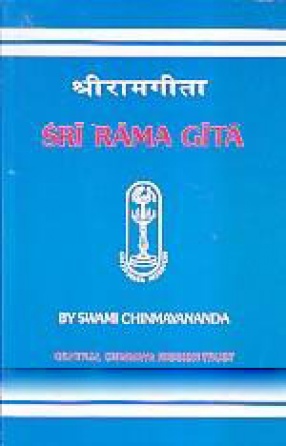
Central Chinmaya Mission Trust

26 books

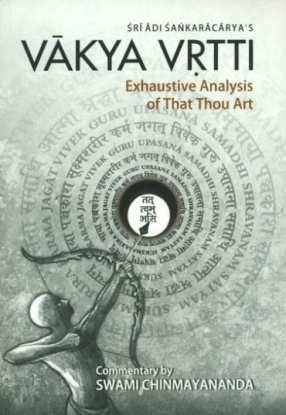
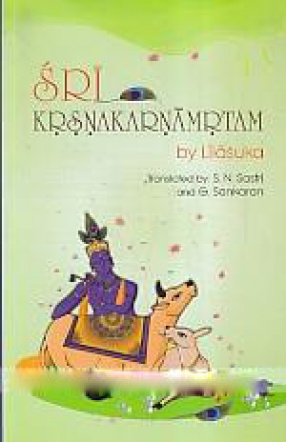

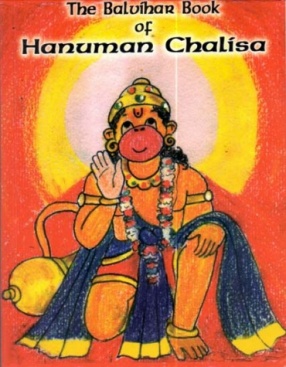
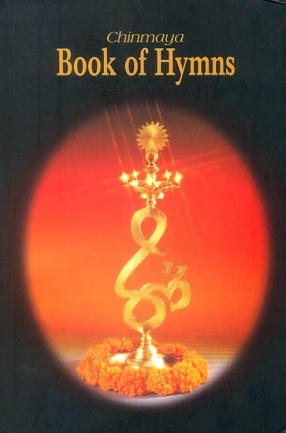
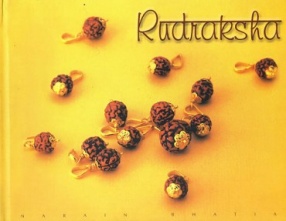
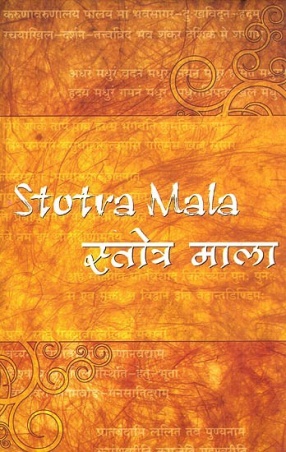
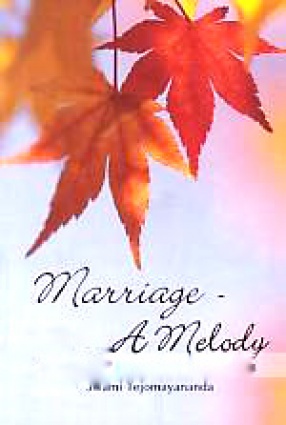
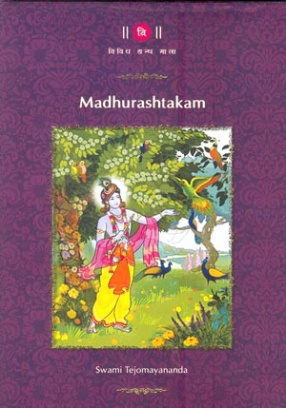
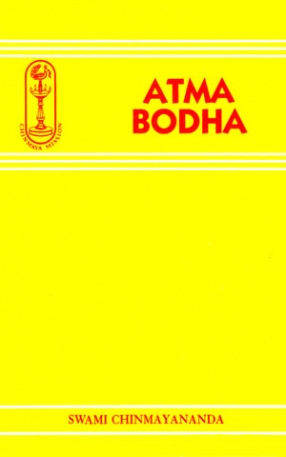
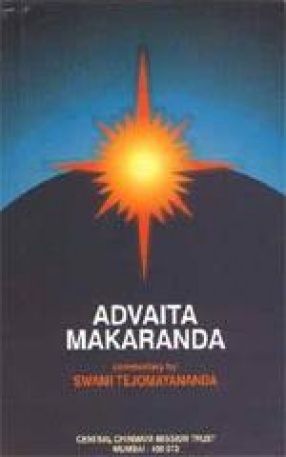
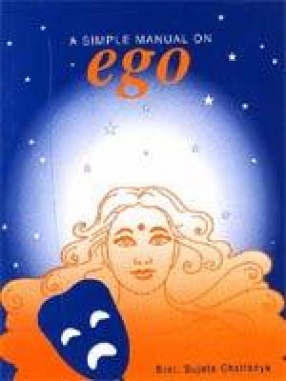
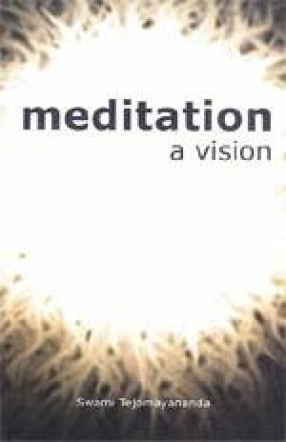
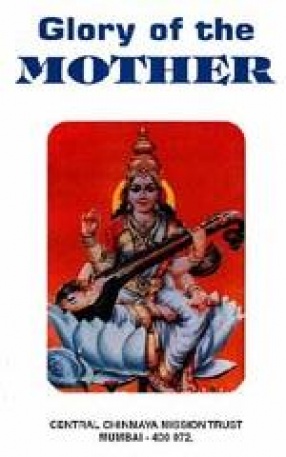




A man walking along the sidewalk suddenly slips and mourns over his own death since he sees his shadow being run over by a truck. This is surely a case of mistaken identity. In our case too, the Seer(Self) and the seen(body) seem to have become one. We think ‘I am the body’ and consequently we suffer.
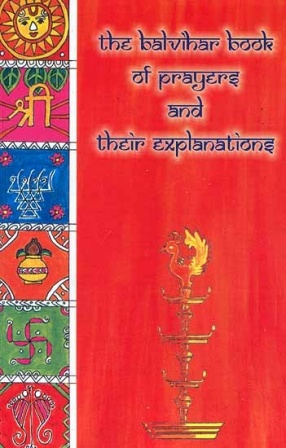


Bala Vihar:- Swami Chinmayananda once said: “Children are not vessels to be filled, but lamps to be lit.” Bala Vihars are weekly gatherings of children between the ages of 5 and 15 that take place in Chinmaya Mission centres or in private homes, under the supervision of trained sevaks (volunteers). In an atmosphere of love, children are imparted ethical and cultural values through the singing of bhajans (devotional songs), chanting of scriptures of ...

There is no greater fruit in the world, than the fruit of the Himalayas popularity known as ‘Rudraksha’. There are very few books available on this topic in English and Indian languages. With the material available in Sanskrit and other languages, a humble attempt is made to combine the scriptural knowledge with my personal experience, gathered from many users throughout the globe.
The sages of Himalayas have adorned rudraksha to keep fit in cold ...

Quite simply, “Stotra Mala” means ‘a garland of hymns’. Chanting is a very powerful spiritual practice. If a tired and grimy body feels good after a shower, a tired mind unwinds by listening to spiritual chants. This book acts as a companion to Swami Brahmanandaji’s chanting audio cds and facilitates easy learning. Swamiji’s chanting is flawless and elevating. Those who are not familiar with Sanskrit can follow the English ...
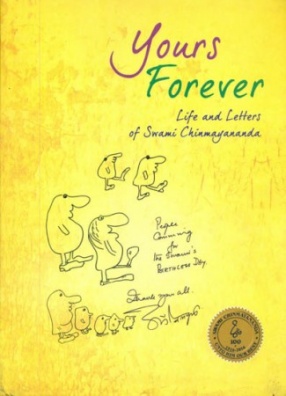
Pujya Gurudev Swami Chinmayananda’s early life is featured in this book through his own writings, to his mother and sisters, and through the recollections of his friends and family. Hitherto unpublished notes in his own hand handwriting give us a glimpse of his student days with Swami Tapovan Maharaj. The detailed family tree pf Pujya Gurudev’s premonastic life is another very interesting presentation here.
There is shower of letters on almost all ...

The pearly gates to Heaven - my own Blissful Infinite Self - Are either not seen or are firmly shut. The intellectual knowledge, constant repetition or faith that 'i am Infinite Bliss' does not remove the delusion, tensions and sorrows of my life. How can I come to live a stress-free life a- life of total fulfillment and bliss?
Meditation is prescribed as a balm to remove all the stress and strain of life. It is in fashion these days and every other person claims ...

Marriages are made in heaven but maintenance is your responsibility. In Marriage - A Melody, through rhyme and reason, Guruji Swami Tejomayananda explains to young couples not only how to sustain a marriage but also how to make it a delightful melody. Tune in and read on.
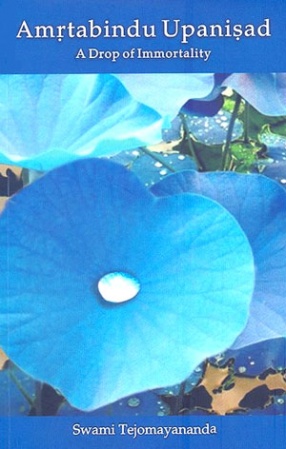
Can the mortal ever become immortal? Can the mind make us immortal? Can knowledge make us immortal? Does immortality mean living for ever in the body, as the body? Read the nectarine message of the Vedas in the Amrtabindu Upanishad and enjoy its immortal Truth. Partaking even a drop of it can immortalise us. This is the assurance of sages.

Madhurashtakam is one of the immemorial compositions of Vallabhacharya, the founder of Pusti marg. These set of eight verses talk of Shri Krishna's bewitching personality. His pastimes, and His pranks all of which make Him loving and lovable. The composition has become more popular because of its simplicity. Pujya Guruji's commentary on it gives us a sense of immediacy with highlights of episodes from the lives of recent saints. It makes us introspect on ...
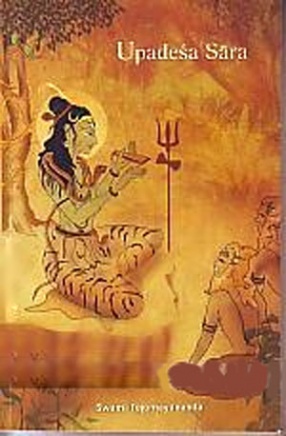
Upadesa Sara- the essence of all teaching - is one of the most popular Vedantic texts. It explains the paths of Action (Karma Yoga), Yoga (Astanga Yoga) and knowledge (Jnana Yoga) and how they lead to the final goal of Self knowledge. The great sage, Bhagwan Ramana Maharishi presents the subject in a simple and beautiful way.Pujya Guruji Swami Tejomayananda's commentary further simplifies the text and brings out its essence in an appealing way.Upadesa Sara is ...
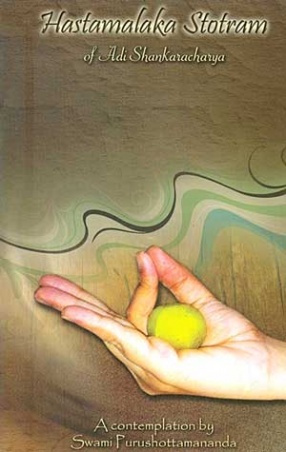
A small boy, who was already a realized soul, narrated his experience of Self-Knowledge to Bhagwan Adi Shankaracharya. To the boy this knowledge was clear as 'a gooseberry' kept on the palm, and so the boy was named Hastamalaka. He became famous as one of the four renowned disciples of the Acharya and the conversation compiled by the Acharya is "Hastamalaka Stotram". The famous saint of Maharashtra, Sant Eknath Maharaj has written a beautiful ...
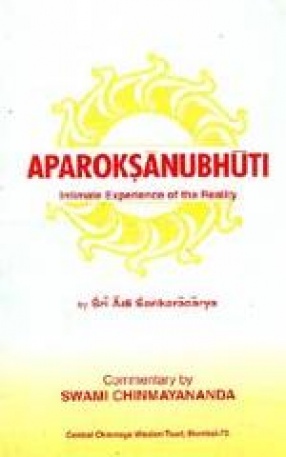
'Aparoksanubhuti' a 'Prakriya grantha' is an introductory text book written by Adi Sankara and not a 'Sastra Grantha'. A 'Prakriya Grantha' is a book of definitions, a book of categories written in order to explain the deep truths given in the 'Sastras's. 'Aparoksanubhuti' is one of the fundamental text books in Vedanta one must not be misled by its false look of simplicity. Though it looks simple, there is a wealth of profundity in it. Aparoksanubhuti helps the ...

No text book can be prescribed to the students without an initial chapter giving the definition of the terms and terminology that are used in the body of the book. The Scientist visualizes the world from his view point. He sees truths that are not visible to others. And since he sees visions which are not the common property of all, in his language he will have to use unconventional words which have for him some special imports and secret suggestions. If these ...

Sri Laksmidhara Kavi in this short treatise of just 28 verses has brought out the nectar of Upanishad mantras. The author through reason and logic establishes the non-dual Brahman, and tries to remove the doubts that arise in our minds regarding the Reality. There is hardly any other commentary on this important work which deserves serious study by all sincere Sadhakas. In the beginning of his commentary, swami Tejomayanandaji has composed 11 beautiful verses ...

The greatest challenge for any spiritual seeker is the annihilation of the Ego. The ego is illusory but while it lasts, it haunts, taunts and persecutes all of us. Pujya Gurudev Swami Chinmayananda Said: "An egoless state is the most desirable state. This simple manual can pave the path to tackle and handle the ego and finally subdue it.
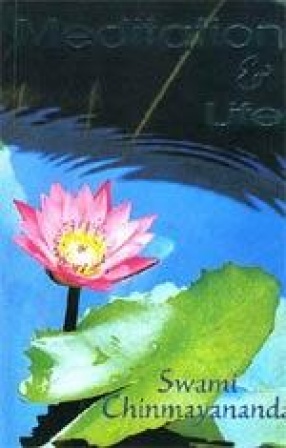
As long as a person is alive, he or she comes into contact with different things and beings and circumstances. Nobody in the world can, even for a moment, live without coming into contact with the objects of the world outside, or at least with his or her own thoughts and ideas. Thus, not by choice, but by the compelling law of life, every one of us must meet our world of circumstances at every moment of life. If we are efficient in meeting our own world-if we ...

Swami Tejomayananda, a disciple of Swami Chinmayananda, is the Head of Chinmaya Mission. Since 1975, Swamiji is imparting the wisdom of Vedanta to millions in the world. He combines great erudition with devotion and humour. "Meditation, A vision" is transcribed and compiled from his talks on the 6th chapter of Bhagavat Geeta -"The Yoga of Meditation". His lucid style accompanied by profound wisdom, makes the various aspects of meditation very ...
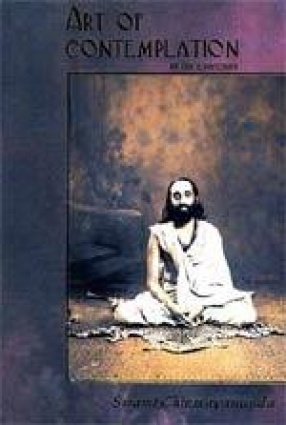
In the art of contemplation swami answers all these questions and gives six simple exercise which if practiced regularly, would enable us to control quieten and free the mind. Swamiji shows how the body must first be quietened then how to start chanting the mantra what the various methods of chanting are how to witness the body and the mind, how to get rid of negative emotions, and finally, how to reach the state of complete and absolute peace and happiness.

This is an extract from a long letter written by Sri Swami Chinmayananda from Uttarkasi (Himalayas) on 20th October 1950, which happened to be the Vijaya Dasami Day, to Sri. P. B. Menon of Ernakulam, Kerala. It is interesting to note that Sri Swamiji started writing this letter around midnight and completed it at 4 am, the sacred Brahma-Muhurta on the Vijaya Dasami Day. We are grateful to Menon's family, who made the precious manuscript available to us for our ...
